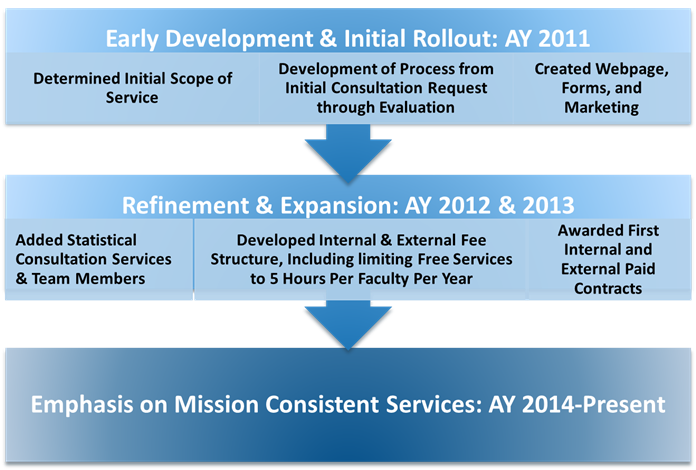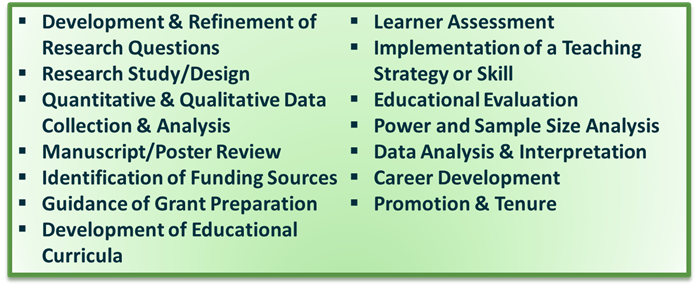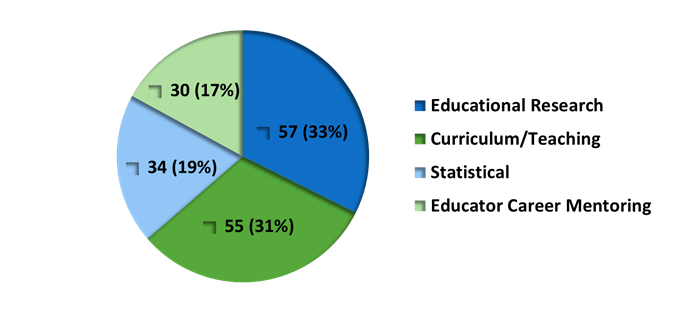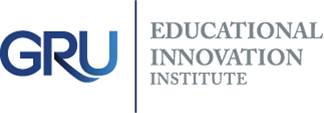
| Theme: 2II Evaluation of teaching/Educational research | |||
 |
||||||
| The development and evolution of a consultation service for educators and educational researchers: Needs, challenges, and opportunities |
 |
|||||
|
||||||
Faculty members at academic medical centers who conduct basic science, clinical, and translational research often have access to significant support and resources to assist in their efforts. Faculty who conduct educational research or who are tasked with curriculum development or teaching frequently have far fewer resources and often must access them from academic units with little experience in educational theory, methodology, assessment, and analysis. In 2010, the Educational Innovation Institute (EII) at Georgia Regents University (GRU) addressed this issue through a consultation service (CS) initiative designed to meet the unique needs of health sciences educators and educational researchers. The purpose of this poster presentation is to describe the consultation needs, challenges, and opportunities that have emerged for the EII CS over the course of its four-year evolution.
The EII CS was designed to actively engage the GRU health sciences educational community in the development or enhancement of educational research, scholarship, curricula, and teaching skills and competencies. The key stages of development and the scope of services are reviewed in Figures 1 & 2. Based on the experiences associated with completing these tasks and an analysis of on-going and completed consulting projects and outcomes, the CS identified consultation needs, challenges, and opportunities that will shape the CS going forward.
Figure 1. Development of the Consultation Service

Figure 2. Sample Scope of Services

Figure 3. Number of Consultations by Type 2010-Present (n=176)

Outcomes include:
- Institutional and national grant awards
- Increased educational scholarship
- Educational products
- Implementation of innovative teaching methods
- Appointments to leadership positions
Challenges include:
- Underestimating the demand for statistical consultation
- Defining and implementing utilization limits
- Determining fee structures
- Maintaining capacity as consultation requests increase
- Demonstrating institutional return on investment
- Maintaining mission consistency
- Developing a business model within an academic environment
Opportunities include:
- Mutually-beneficial internal consulting relationships that have resulted in modest support
- External consulting contracts that have provided more substantial EII funds
- Despite encountering several challenges, the EII CS has been successful in meeting four types of needs prevalent in the GRU health sciences educational community.
- Opportunities for building of the CS internally and externally exist.
- The EII CS may serve as a useful model for other institutions interested in meeting the unique needs of health sciences educators and educational researchers.


 Send Email
Send Email